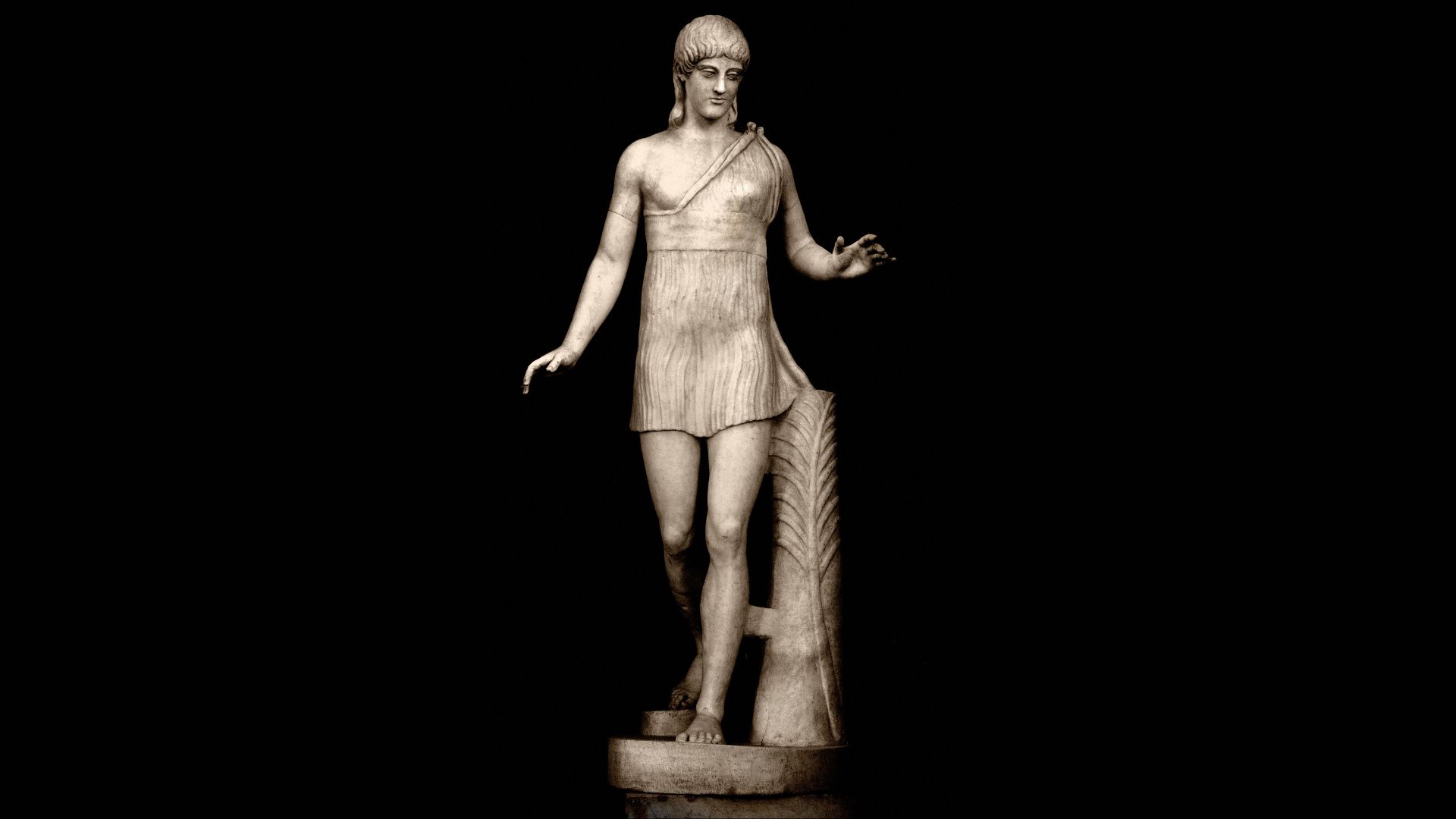How Humans Outlive Rats

Get the world’s most fascinating discoveries delivered straight to your inbox.
You are now subscribed
Your newsletter sign-up was successful
Want to add more newsletters?

Delivered Daily
Daily Newsletter
Sign up for the latest discoveries, groundbreaking research and fascinating breakthroughs that impact you and the wider world direct to your inbox.

Once a week
Life's Little Mysteries
Feed your curiosity with an exclusive mystery every week, solved with science and delivered direct to your inbox before it's seen anywhere else.

Once a week
How It Works
Sign up to our free science & technology newsletter for your weekly fix of fascinating articles, quick quizzes, amazing images, and more

Delivered daily
Space.com Newsletter
Breaking space news, the latest updates on rocket launches, skywatching events and more!

Once a month
Watch This Space
Sign up to our monthly entertainment newsletter to keep up with all our coverage of the latest sci-fi and space movies, tv shows, games and books.

Once a week
Night Sky This Week
Discover this week's must-see night sky events, moon phases, and stunning astrophotos. Sign up for our skywatching newsletter and explore the universe with us!
Join the club
Get full access to premium articles, exclusive features and a growing list of member rewards.
Humans are built to last. Rats, not so much. A newly discovered body clock apparently ticks much faster in rats, snuffing out their lives tens of years earlier than humans.
This biological rhythm, which tends to cut short the lives of smaller animals and let big creatures live longer, should apply to all mammals, said researcher Timothy Bromage, a dental professor at New York University.
Bromage discovered the rhythm while looking at growth lines in tooth enamel and skeletal bones in rats, medium-sized monkeys and humans.
Unlike circadian rhythms, which follow a relatively strict 24-hour cycle and coordinate sleep-wake stints, the new biological clock ticks to a different beat depending upon the animal. In general, the clock operates on shorter time intervals for small mammals and longer ones for larger animals. For rats, every day meant a new growth ring, while the monkeys followed a four-day interval and humans showed eight-day patterns.
The same biological rhythm that controls tooth and bone growth also determines body processes, such as heart and respiration rates, Bromage said.
"In fact, the rhythm affects an organism's overall pace of life, and its life span," Bromage said. "So, a rat that grows teeth and bone in one-eighth the time of a human also lives faster and dies younger."
Depending on your perspective, Bromage says, rats do live as long as humans. "For instance, a rat can expect the same number of heart beats in their lifetime as you and me," Bromage told LiveScience.
Get the world’s most fascinating discoveries delivered straight to your inbox.
The findings, presented today at a meeting of the American Association for Dental Research in Dallas, make biological sense. "In broad strokes, larger bodies are produced by slowing down growth and developing for longer," Bromage said.
This slower growth also means larger mammals in general will reach sexual maturity later than the half-pints. "Lifespan has to be longer if a species has a later age at sexual maturity," Bromage said. "Otherwise too many individuals will die before they can replace themselves."
- What is the Longest-Living Animal?
- Vote: Most Destructive Creatures
- Life's Little Mysteries: Why Do We Grind Our Teeth?
Jeanna Bryner is managing editor of Scientific American. Previously she was editor in chief of Live Science and, prior to that, an editor at Scholastic's Science World magazine. Bryner has an English degree from Salisbury University, a master's degree in biogeochemistry and environmental sciences from the University of Maryland and a graduate science journalism degree from New York University. She has worked as a biologist in Florida, where she monitored wetlands and did field surveys for endangered species, including the gorgeous Florida Scrub Jay. She also received an ocean sciences journalism fellowship from the Woods Hole Oceanographic Institution. She is a firm believer that science is for everyone and that just about everything can be viewed through the lens of science.
 Live Science Plus
Live Science Plus










